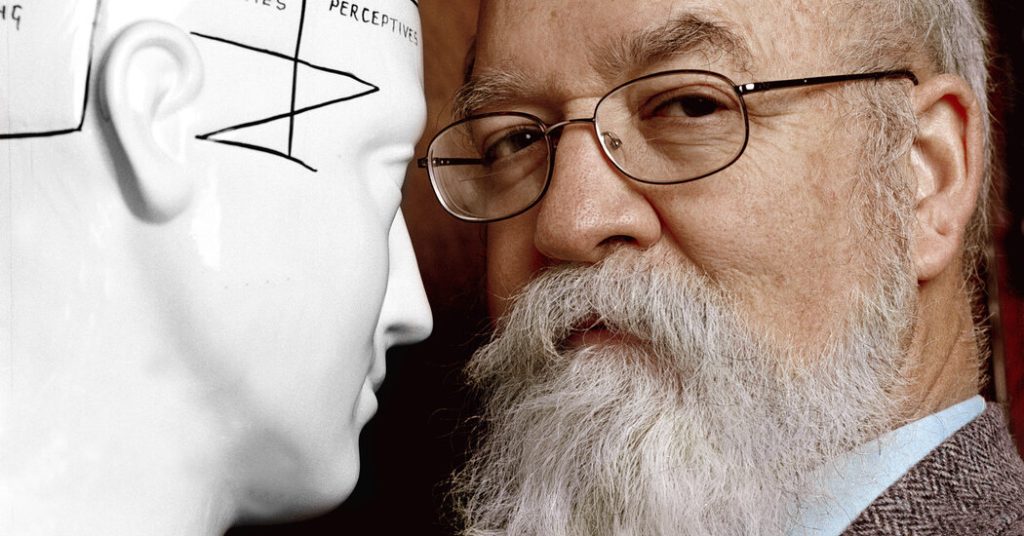Daniel C. Dennett, a well-known American philosopher who passed away at the age of 82 in Portland, Maine, was known for his accessible and engaging writing style that tackled complex topics such as consciousness, free will, religion, and evolutionary biology. He often challenged traditional beliefs and was an outspoken atheist, asserting that the human mind is a series of algorithmic functions and that free will is a necessary illusion for society to function. Despite facing criticism for his views, Dennett was unapologetic in his pursuit of truth.
Born in Boston in 1942, Dennett had a diverse upbringing that included living in Beirut, Lebanon, where his father served as a covert intelligence agent. After graduating from Harvard University, Dennett earned a Ph.D. in philosophy from Oxford University, setting the stage for a long and influential career in academia. He taught at the University of California, Irvine, before joining the faculty at Tufts University, where he was the director of the Center for Cognitive Studies.
Dennett’s first book to gain widespread attention was “Brainstorms: Philosophical Essays on Mind and Psychology,” published in 1978. In his work, he argued that multiple decisions contribute to moral choices, emphasizing the role of random deliberations in shaping human behavior. He challenged the concept of free will, suggesting that it was based on outdated notions of mind-body separation. Despite criticism from libertarians, Dennett maintained that free will was essential for society to operate effectively.
Throughout his career, Dennett continued to explore topics such as consciousness and evolution, advocating for a view that linked physiological processes in the brain to broader philosophical questions. He believed that consciousness could be explained through an understanding of brain function as a sophisticated computational system. He also delved into evolutionary biology, defending natural selection as the primary force behind human evolution, while dismissing alternative theories proposed by scholars like Stephen Jay Gould.
Dennett’s work sparked controversy, particularly in his staunch advocacy for atheism and his critiques of organized religion. He conducted research on clergy members who were secretly atheists and defended their decision to continue their religious roles for the sake of their communities. His views were the subject of a play and a musical composition, highlighting the impact of his ideas beyond academic circles. Despite facing criticism, Dennett remained steadfast in his convictions, challenging both colleagues and critics alike.
In reflecting on Dennett’s legacy, it becomes clear that his work transcended traditional boundaries in philosophy and science. His ability to pose thought-provoking questions and engage in rigorous debates earned him a reputation as a bold and influential thinker. While his views may have been contentious, Dennett’s commitment to exploring the mysteries of the human mind and the nature of existence leaves a lasting impact on the fields of philosophy and cognitive science.














